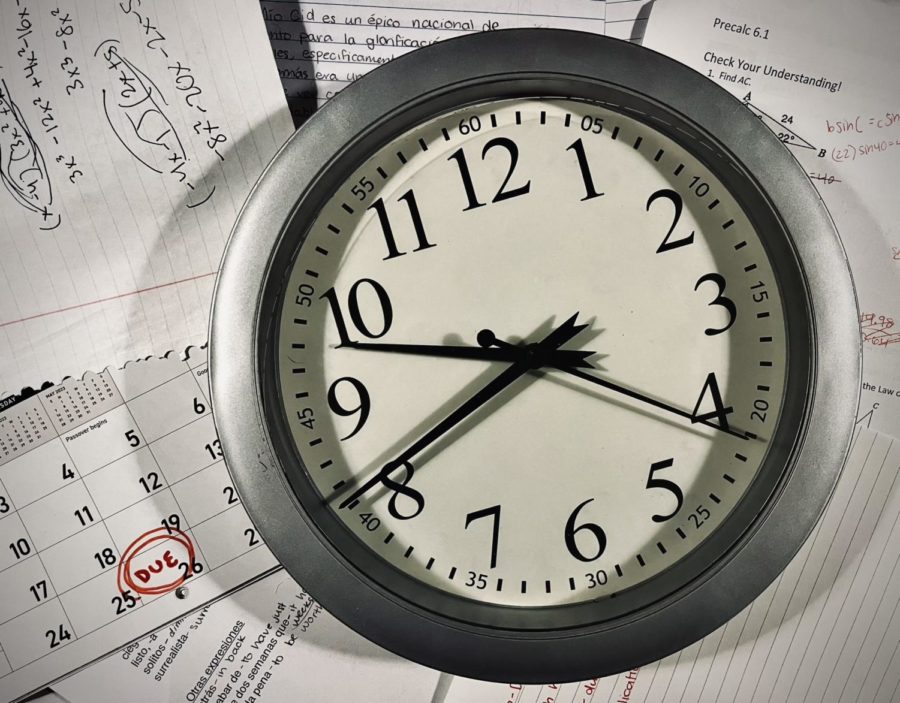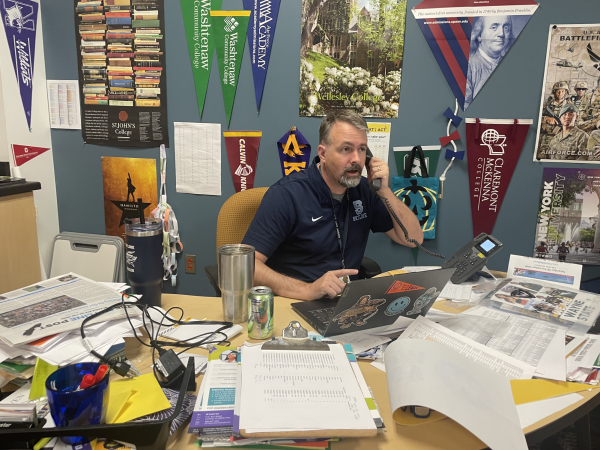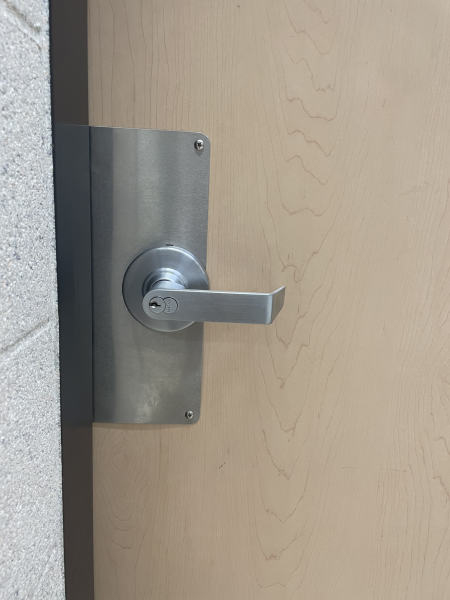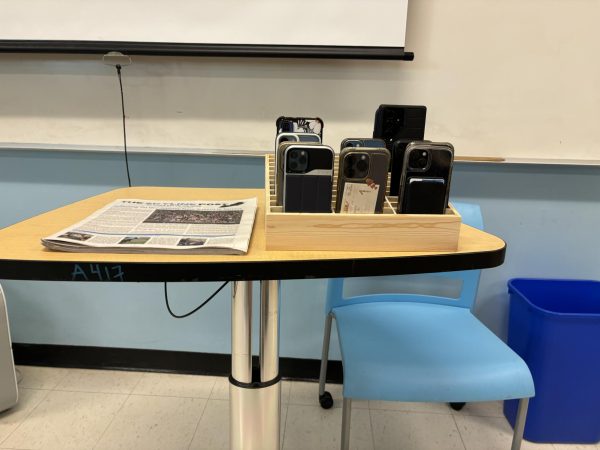Are Firm Deadlines Necessary? The Skyline Community Weighs In
Changes in school structure during the pandemic have sparked another variation of Skyline’s ongoing conversation about how to best support all learners. Do students learn better working at their own pace, or are firm deadlines necessary to maintain productivity? The Post asked the Skyline community what it thinks.
Skyline SLC Principal Casey Elmore says that at Skyline the official overarching policy is that all late work is due two weeks before the end of the term to give teachers time to grade before exams. Additionally, late work is not supposed to be penalized.
“[Skyline wants] to ensure that students learn the content needed for the course as well as to make learning the constant and time the variable,” says Elmore. “We want grades to only reflect what you know content-wise — the learning part of it.”
Besides Skyline’s school policies, the rest of course work policies are left to teachers, all of whom have varying opinions on how to make a productive learning environment.
“We know that a student that has an intrinsic motivation to learn [is] naturally curious, strives to do their best,” says Skyline Psychology teacher Kristen Winter, approaching the issue from a psychological perspective. “Extrinsic motivation is the outside rewards [like] parental praise…we know that when a passion becomes extrinsic, it sometimes kills the passion. For instance, a kid that loves soccer later gets paid to play soccer and it becomes a job rather than a passion. So how do parents and educators instill the intrinsic motivation to learn to make naturally curious students?”
“In my opinion, we should be teaching soft skills, [like] how to manage your time,” says Winter. Without deadlines, “our students go out into the real world and…have to learn to cope there or they crash, and it’s better to learn to cope here than in college or in the workplace when way more is at stake.”
Skyline English teacher Jill Runstrom has recently implemented a new rule in her classroom to ensure her students are building their skills rather than just focusing on papers and projects; she argues that in English, scaffolded, step-by-step learning is important in building skills.
“If you want to earn an ‘A’ on mastery work,” says Runstrom, “the process work that led to the mastery has to be completed.” She believes that “deadlines for the process work should be adhered to as much as possible, especially if something’s sequential.”
Skyline math teacher Jeff Oleksinski, familiarly “Mr. O,” has a similar outlook on building skills, and argues that harder deadlines are an essential part of the learning process.
“If I set a deadline too far ahead, the kids aren’t gonna do anything,” he says. “If you hit [the] deadlines, you’re within the system that we’ve designed with your learning in mind.”
Oleksinski uses deadlines to motivate students to build up their skills, but also recognizes that they do not have to be uncompromising.
“I try to be strict but also have some flexibility for those that are just struggling for credit…[because] I don’t want a kid to fail a class because of missing a deadline.”
Other teachers put an emphasis on self-motivation without the use of rigid deadlines.
“I think deadlines are important…it just doesn’t have to be…so micro-oriented; it can be a macro sort of deadline,” says Nicholas Bertsos, Skyline math teacher.
“In college…no one cares about your grades, and there’s no one holding your hand.”
Using this idea in his teaching, Bertsos gives his students optional homework and views all work in a trimester as having one due date: before final exams. “[Giving optional homework] doesn’t change what I do hardly at all, except it sort of takes one pound of stress off of all the students.”
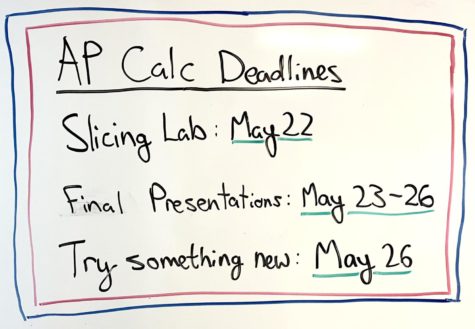
Students have their own views on deadlines.
“[A teacher’s] teaching style is gonna inform what kind of deadlines they have,” says Skyline student Asta Danielsen (‘24), “I think Mr. B’s teaching style gives students an opportunity to decompress…its loose nature gives us a chance to goof off with each other and bond in a way that a tighter style might not…it’s nice to have a class with a less pressuring atmosphere in this case.”
While Danielsen likes a more loose approach to deadlines, she also points out that “having more firm deadlines can be helpful with certain kinds of classes.”
Student Finley Burns (‘24) agrees that his view on deadlines changes with the type of class he is taking, but notes the benefits of more rigid deadlines.
“I’m generally a proponent for deadlines because they can keep me on track,” he adds. “I like to procrastinate a lot if given the chance, because it’s just so, so easy to say ‘okay I’m gonna do it tomorrow.’”
Ultimately, students and teachers at Skyline have complex, contrasting opinions on the application of deadlines. This can muddy the waters when it comes to improving our school system, but Runstrom also highlights the benefit of having many different approaches to deadlines, or what she calls the “frustration and beauty of school”: “[It] prepares you for life because you’re gonna have a manager or a coworker or someone that doesn’t work like you do or think like you do and learning to work within that system is important.”
As for the future, the current school-wide deadline and late work system will likely remain the same, “[but] we are always looking at ways to improve what we are doing,” says Elmore.
Your donation will support the student journalists of Skyline High School. Your contribution will allow us to cover our annual website hosting costs.

Cecelia Brush ('24) is co-News Editor for the Skyline Post. She enjoys running and watching TV shows with her dog. She is a member of the Writing Center...

